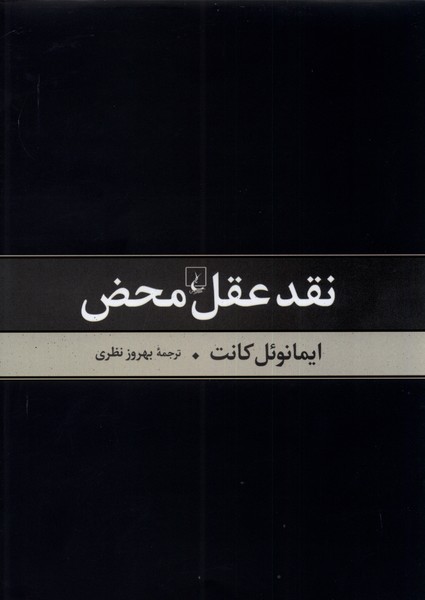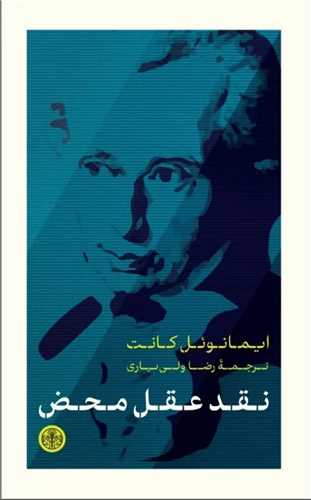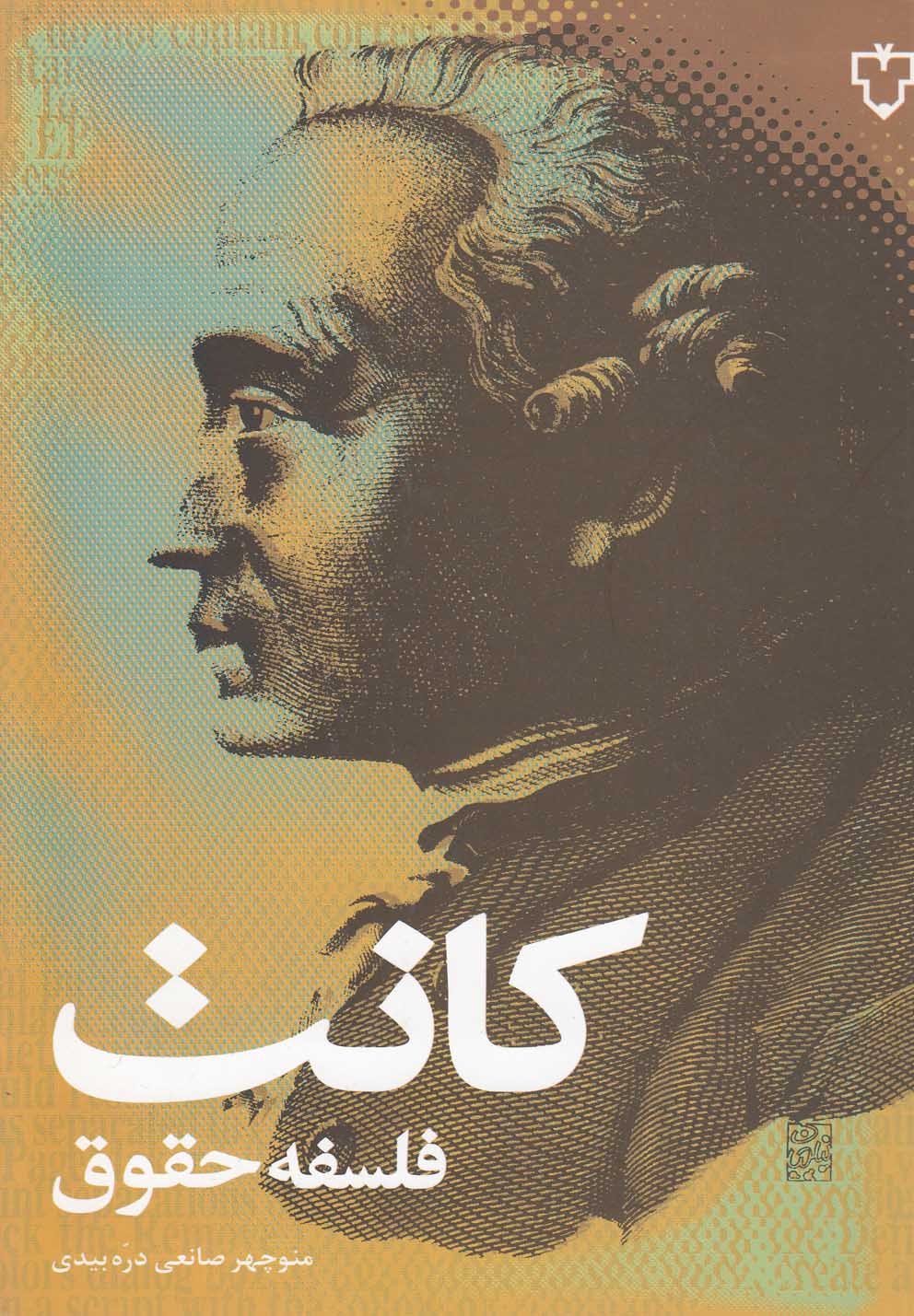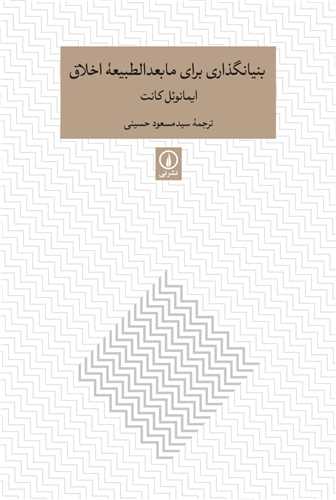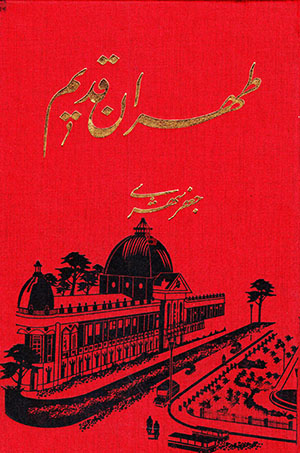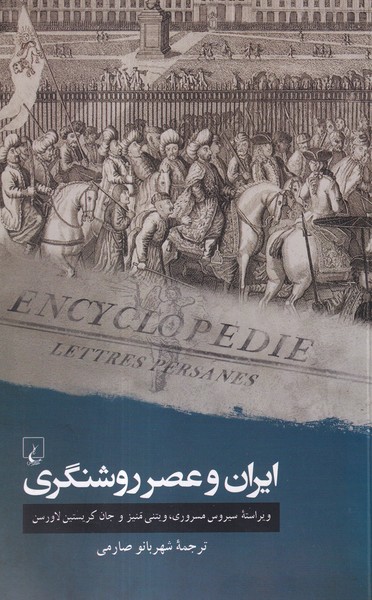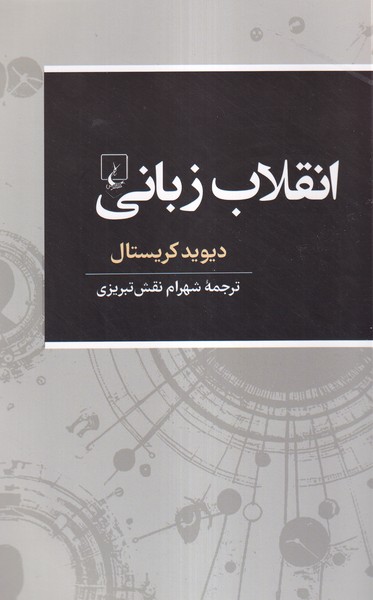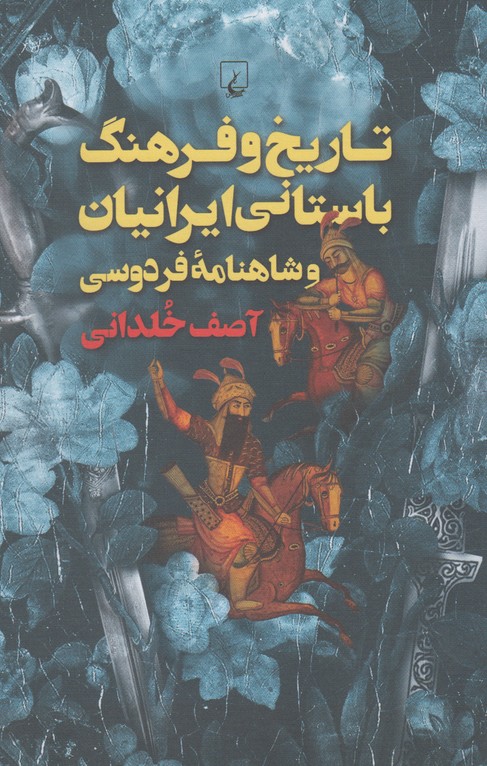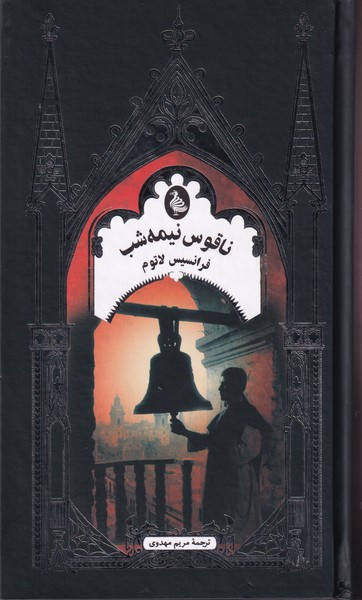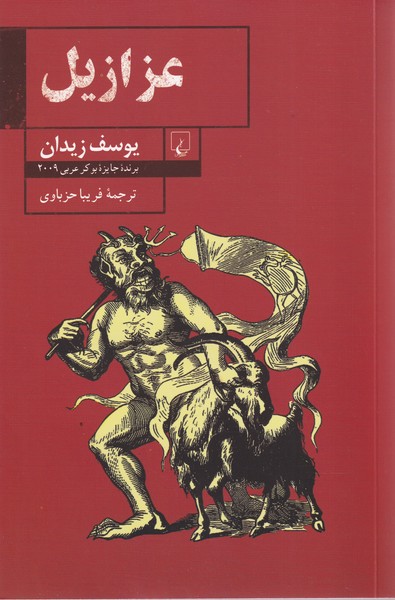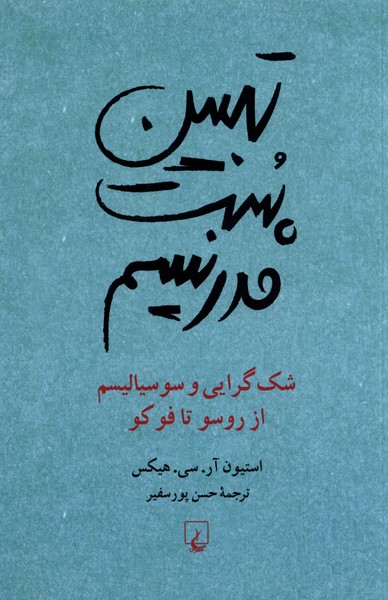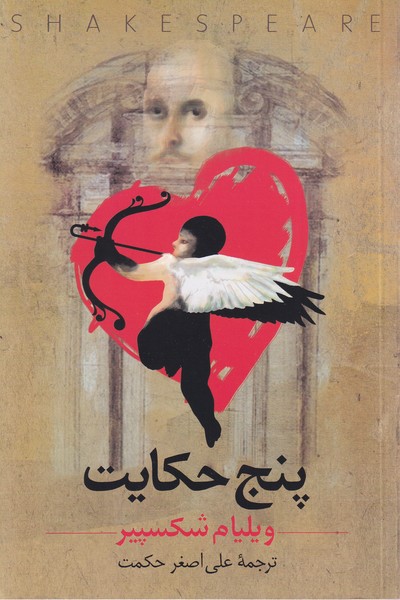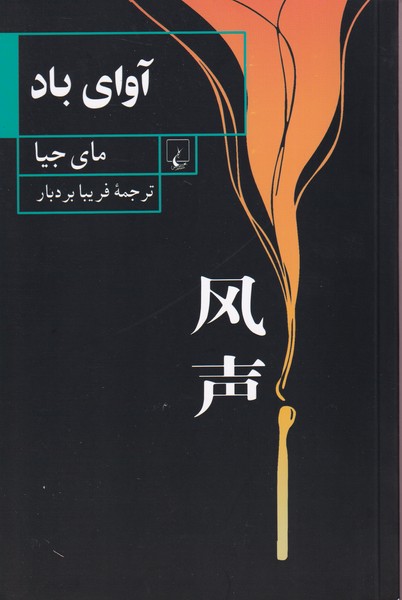Naqd-i 'aql-i mahz̤: Persian 1401
نقد عقل محض
312 SEK
Share
Wishlist
ISBN:
9786002781833
Translator:
Bihrūz Naẓarī
Publisher:
Quqnus
Age Group:
Adult
Pages:
768
Weight:
992 g
Dimensions:
14 x 21 x 4.39 cm
Book Cover:
Paperback
The Critique of Pure Reason (German: Kritik der reinen Vernunft, KrV, in original: Critik der reinen Vernunft) by Immanuel Kant, first published in 1781, second edition 1787, is one of the most influential works in the history of philosophy. Also referred to as Kant's "first critique," it was followed in 1788 by the Critique of Practical Reason and in 1790 by the Critique of Judgment. In the preface to the first edition Kant explains what he means by a critique of pure reason: "I do not mean by this a critique of books and systems, but of the faculty of reason in general, in respect of all knowledge after which it may strive independently of all experience."
Before Kant, it was generally held that truths of reason must be analytic, meaning that what is stated in the predicate must already be present in the subject (for example, "An intelligent man is intelligent" or "An intelligent man is a man"). In either case, the judgment is analytic because it is ascertained by analyzing the subject. It was thought that all truths of reason, or necessary truths, are of this kind: that in all of them there is a predicate that is only part of the subject of which it is asserted. If this were so, attempting to deny anything that could be known a priori (for example, "An intelligent man is not intelligent" or "An intelligent man is not a man") would involve a contradiction. It was therefore thought that the law of contradiction is sufficient to establish all a priori knowledge.
more
کتاب حاضر ترجمه نقد عقل محض اثر ایمانوئل کانت به فارسی است که ویراستار آن کوشیده کل متن را کلمه به کلمه با ترجمه انگلیسی «پل گایر» مطابقت دهد و ویرایشهای بسیاری در سه سطح محتوا، معادلگزینی نحو فارسی بر متن اعمال کند. صرف نظر از تمام مباحث در خصوص متن اصلی آلمانی، و ترجمههای متعدد انگلیسی ، ویراستار حتی در موارد اختلافبرانگیز نیز بر ترجمه «گایر» تکیه کرده است. چشمگیر بودن اصلاحات در ویراست فعلی، هم از حیث کمی و هم از حیث کیفی، حتی با مقایسهای گذرا با ویراست قبلی همین ترجمه به خوبی آشکار میشود. البته ویراستار از آنجا که ویراستار اثر است نه مترجم آن، کوشیده است تا حتیالامکان از دخالتهای سلیقهای در متن اجتناب کند و عمدتاً از معادلها یا واژههای مترجم بهره ببرد، مگر در مواقعی که آنها را اشتباه یا گمراهکننده یافته است. «بهروز نظری»، مترجم، در ویراست دوم این کتاب کوشیده یک متن قابل فهم به دست دهد. از طرفی او تلاش کرده به صورت آگاهانه در سنت زبان فارسی زنده و معاصر قرار گیرد و با بهرهگیری از سنت استادان نثر فارسی سره معاصر در حد توان خود در راه این بزرگان قدم بردارد. ویراست دوم ترجمه کتاب نقد عقل محض شامل مقدمه ویراستار فارسی (دکتر محمدمهدی اردبیلی) به همراه یادداشت مترجم و مقدمهها و پیشگفتارهای ویراست اول و ویراست دوم این کتاب مهم و ارزشمند است و آنگاه وارد متن اصلی میشود.
more

